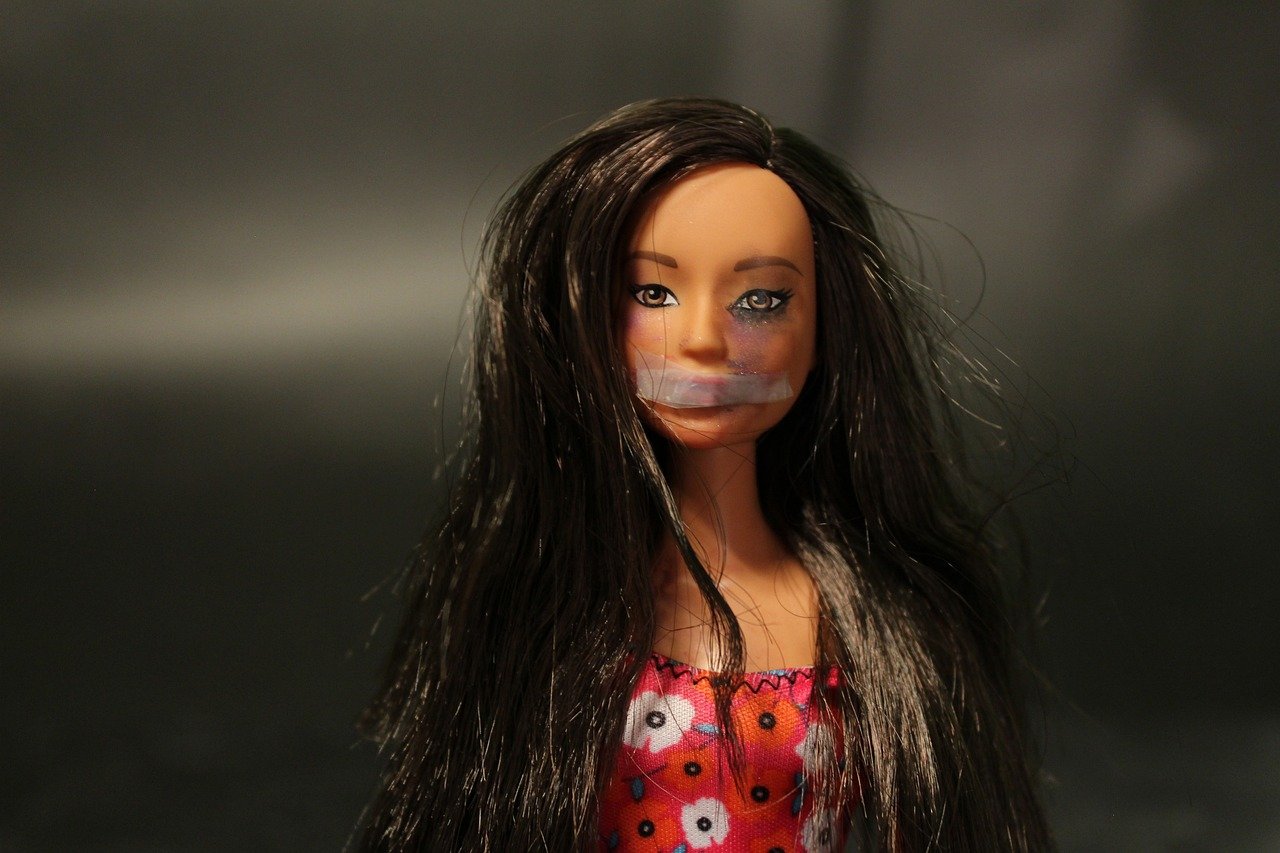This page contains reasons why South Africans need to help those Affected by Gender-based Violence. According to UNHCR, Gender-Based violence refers to harmful acts directed at an individual based on their gender. Gender-based violence mainly results as a sign of gender inequality, the abuse of power and harmful social norms and roles. It is estimated that one in three women will experience sexual or physical violence in their lifetime.
How South Africans are helping those affected by gender-based violence?
There are a number of initiatives and programmes aimed at helping gender-based violence victims and prevention in South Africa:
- Thula Sana: Promote mothers’ engagement in sensitive, responsive interactions with their infants
- The Sinovuyo Caring Families Programme: Improve the parent-child relationship, emotional regulation, and positive behaviour management approaches
- Prepare: Reduce sexual risk behaviour and intimate partner violence, which contribute to the spread of sexually transmitted diseases (STIs)
- Skhokho Supporting Success: Prevent IPV among young teenagers
- Stepping Stones: Promote sexual health, improve psychological wellbeing and prevent HIV
- Stepping Stones / Creating Futures: Reduce HIV risk behaviour and victimisation and perpetration of different forms of IPV and strengthen livelihoods
- IMAGE (Intervention with Microfinance for AIDS and Gender Equity): Improve household economic wellbeing, social capital and empowerment and thus reduce vulnerability to IPV and HIV infection.
Why helping people affected by Gender-based Violence is Important:
- It prevents more gender-based violence to occur
- It restores confidence of the affected individuals
- It educates the victims on why gender-based violence occured in the first place.
- it rebuilds the society in general
How to respond to Gender-based violence as a person
These are a few phrases that the WISE Collective suggests in responding:
- “I believe you.”
- “I am here for you.”
- “You can tell me as much or as little as you want.”
- “It’s not your fault.”
- “I’m glad you told me.”
Life Orientation Grade 12
Life Orientation Quiz
[show-quiz id=”31337″ title=”Life Orientation Grade 12 Quiz”]
Life Orientation Free Study Resources
Browse a list of free resources for Life Orientation Grade 12, such as: Previous Question Papers, Study Guides, Notes, Questions and Answers
Questions and Answers
My Courses has a large Questions and Answers repository for the most popular High School and Tertiary Schools subjects. This comes in handy when doing your revision or preparing for exams, tests, research tasks, and assignments.
Ask Us a Question and we will send you the Answer Guide
[super_form id=”33574″]
Sources:
https://www.unhcr.org/gender-based-violence.html#:~:text=Gender%2DBased%20violence%20refers%20to,of%20power%20and%20harmful%20norms.&text=It%20is%20estimated%20that%20one,physical%20violence%20in%20their%20lifetime.
https://www.saferspaces.org.za/understand/entry/gender-based-violence-in-south-africa

